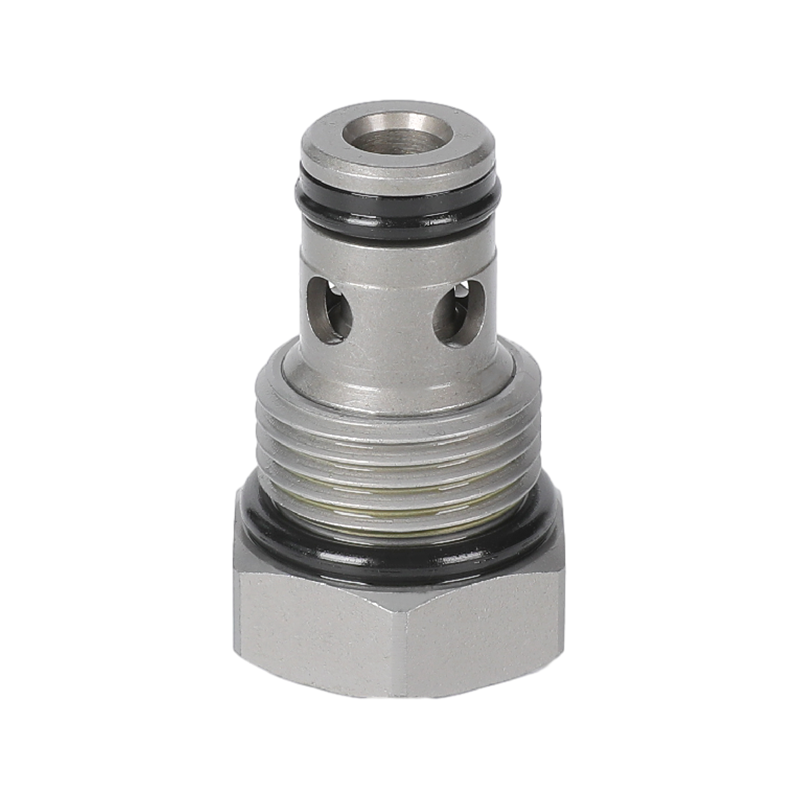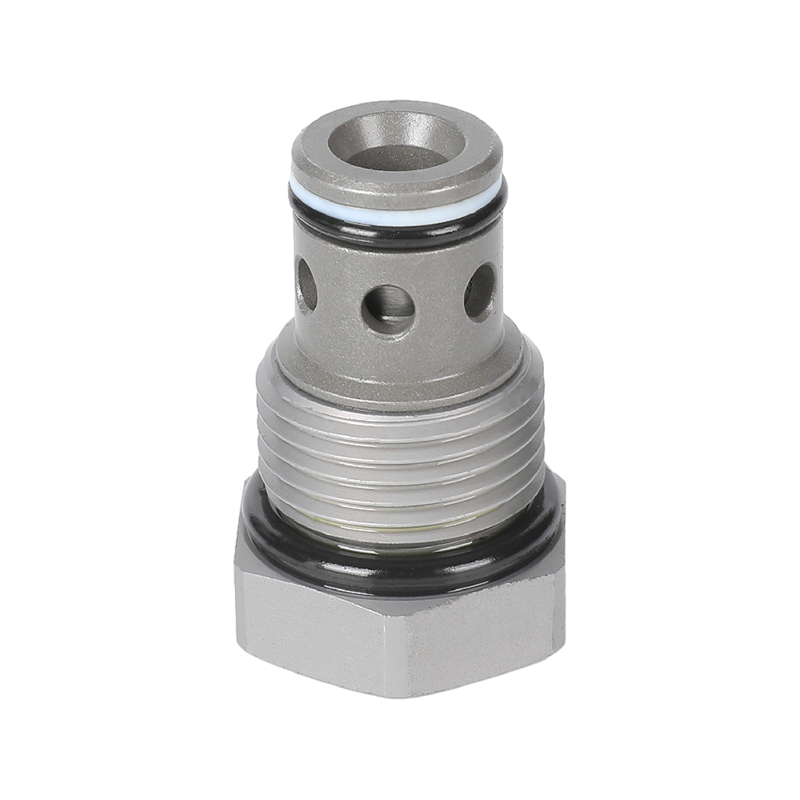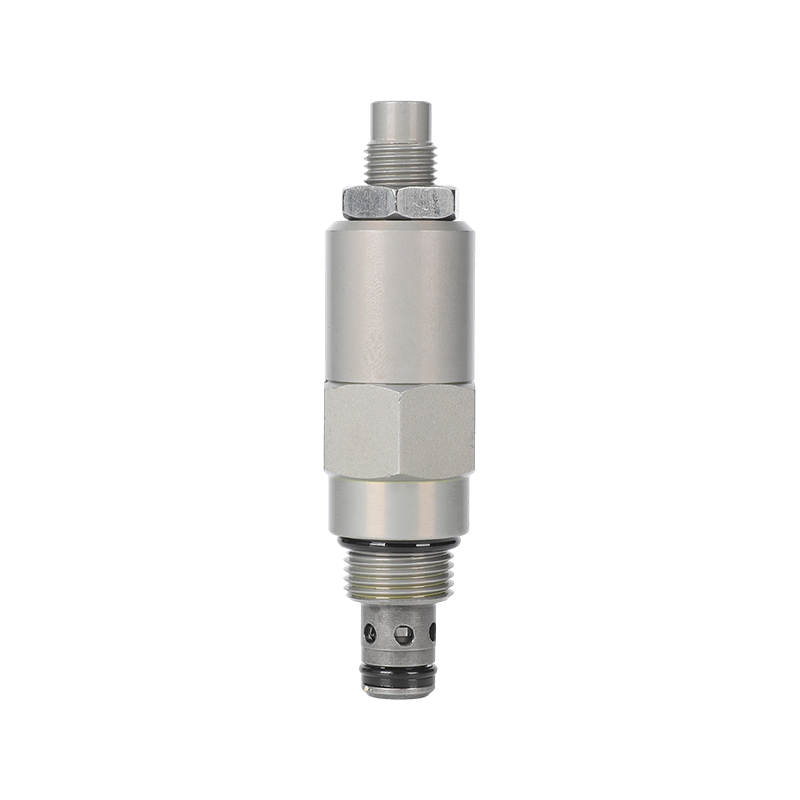1. Precise Flow Regulation
Flow control valves can precisely regulate the flow rate and flow rate of fluids. This precision is critical for many industrial processes. For example:
Chemical reaction control: In the chemical production process, the rate of reaction of reactants directly affects the efficiency of the reaction and the quality of the product. Flow control valves can stably control the input of raw materials to ensure constant concentration of reactants, thereby improving the purity and yield of the product.
Fuel-air ratio regulation of combustion system: In boilers and furnaces, the ratio of fuel and air must be precisely matched. Flow control valves ensure full combustion, reduce emissions and fuel waste by precisely controlling the flow of air or fuel.
Equipment protection: Some equipment is sensitive to flow rate. Too fast flow rate may cause impact damage, while too slow flow rate reduces production efficiency. Flow control valves ensure stable flow rate to avoid equipment overload and damage.
Precise flow control reduces process fluctuations, making the entire production process more stable and efficient, and reducing the rate of defective products.
2. Significant energy saving effect (Energy Savings)
In many industrial systems, energy consumption is often closely related to flow and pressure:
Energy saving in hydraulic systems: Hydraulic pumps drive fluids. If the flow regulation is unreasonable, the pump needs to continuously output high flow, wasting energy. Flow control valves can accurately limit the flow of hydraulic oil, avoid oversupply, and reduce the load and power consumption of the pump.
Improving the efficiency of pumps and compressors: By adjusting the flow valve, unnecessary pressure loss in the system can be avoided, the pipeline pressure and flow can be kept in the optimal range, and the ineffective operation time of mechanical equipment can be reduced.
Reducing heat loss: Flow control valves prevent overcooling or heating by adjusting the flow of cooling water or heat medium, optimize the use of heat energy, and reduce energy consumption.
Reasonable use of flow control valves can reduce operating costs, improve energy utilization efficiency, and meet the needs of modern industrial energy conservation and emission reduction.
3. Minimizing Waste and Downtime
Unstable flow in the process can cause various problems:
Product quality fluctuations: Too large or too small flow may lead to inaccurate ingredients, waste or defective products, and increase the waste of raw materials.
Reduce the risk of equipment damage: drastic flow changes can cause pipeline shock and vibration, resulting in damage to equipment such as valves, pipes and pumps, and accelerate wear.
Reduce downtime maintenance: Stable flow reduces the frequency of equipment failures, extends equipment life, reduces unexpected downtime and maintenance time, thereby improving production continuity and efficiency.
The use of flow control valves can significantly reduce unnecessary waste in the production process and improve equipment utilization and production capacity.
4. Enhanced Safety
Flow control valves play an important role in ensuring industrial safety:
Prevent pressure overload: In high-pressure systems, sudden flow changes may cause a sudden increase in pressure, threatening the safety of pipelines and equipment. Flow control valves prevent excessive pressure fluctuations by limiting the maximum flow.
Prevent system shock and water hammer: The slow adjustment function of the flow valve reduces the impact force caused by the sudden stop or start of the fluid in the pipeline, protecting the pipeline system from damage.
Automated safety linkage: Flow valves equipped with electronic control can be linked with the safety system to automatically adjust or close when abnormal flow is detected to avoid the expansion of accidents.
Safe and stable flow control reduces the risk of equipment failure and industrial accidents, ensuring the safety of employees and factories.
5. Automation and Process Optimization
Automated control systems are widely used in modern industry, and the intelligence of flow control valves has greatly promoted process optimization:
Integrated electronic controller: Flow valves with electric or pneumatic actuators can be connected to PLC or DCS systems for remote monitoring and automatic adjustment.
Real-time feedback and adjustment: Combined with flow sensors, the control system can monitor flow changes in real time, automatically adjust valve opening according to production needs, and achieve refined management.
Data-driven optimization: By collecting flow data, analyzing process performance, optimizing parameter settings, and improving production efficiency and product quality.
Automation makes flow control more accurate, more flexible, and more responsive, greatly improving the intelligence level of production lines.

 English
English русский
русский
 ++86-0575-87669088
++86-0575-87669088


